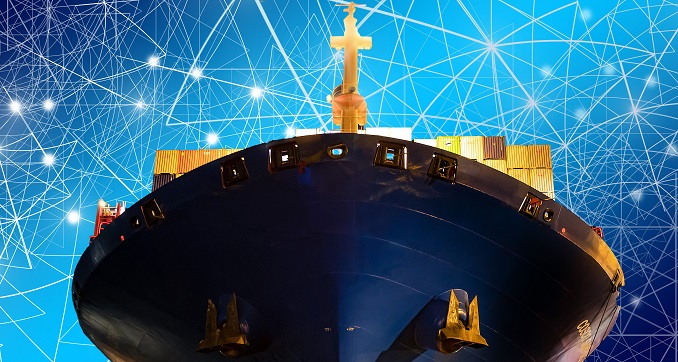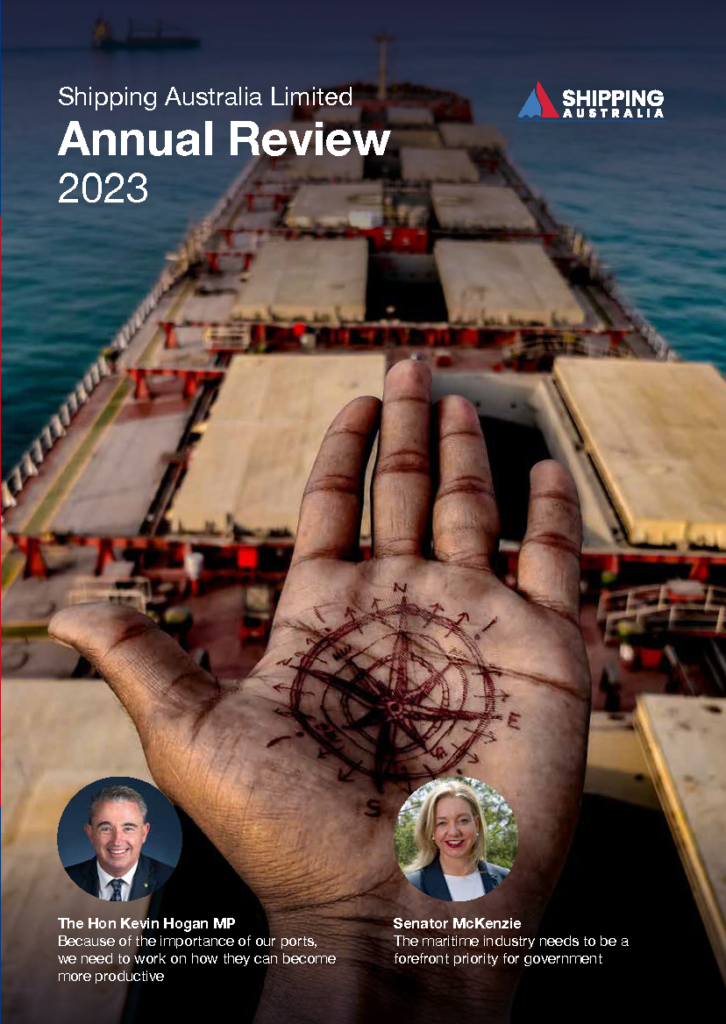
Electronic Data Interchange ought to be replaced, the Digital Container Standards Association has argued.
Digital Container Shipping Association (DCSA) is a non-profit, independent organisation established in 2019 by several of the largest container shipping companies. DCSA’s mission is to be the de facto standards body for the industry, setting the technological foundation for interoperable IT solutions.
The DCSA argues that EDI is not intended for “real-time” data exchange and is normally used to send messages and a pre-set schedule, “making it difficult to know what’s happening with a shipment as it is happening”.
Implementing EDI is “costly” and “complicated”, with several different standards in use today, each with different versions. Setting up EDI between different supply chain partners is said to be complex and labour intensive and it is now “virtually impossible” to hire EDI developers, the DCSA says. It adds that “Time, costs, scarcity of developers,” are huge obstacles to innovation.
EDI data transmission is also highly structured, which results in each EDI message containing a lot of data that might not be needed by the receiver. That means that the unnecessary data must be separated from the wanted data with is time consuming and cumbersome. Meanwhile, shippers often have to rely on third parties to process data for them.
The DCSA argues that there is a better way: application programming interfaces (APIs).
APIs are software middle-men that allow different applications to talk to each other. You’re probably already an expert in the use of APIs… many of the apps on your phone such as instant text messaging or checking the weather are APIs.
Unlike EDI, APIs can send data in real-time to any API-compliant device that connects to the internet. APIs typically use standard protocols and formats to exchange data and, in comparison to EDI, they are much easier to implement. No data cleaning is necessary either – APIs can be configured to give the right information.
“This saves everyone time and enables freight forwarders and service providers to invest resources in building more valuable services,” the DCSA said.
It added that APIs must be fit for purpose and tied to industry standards for data and processes, such as those defined by the DCSA for container shipping.


